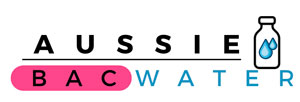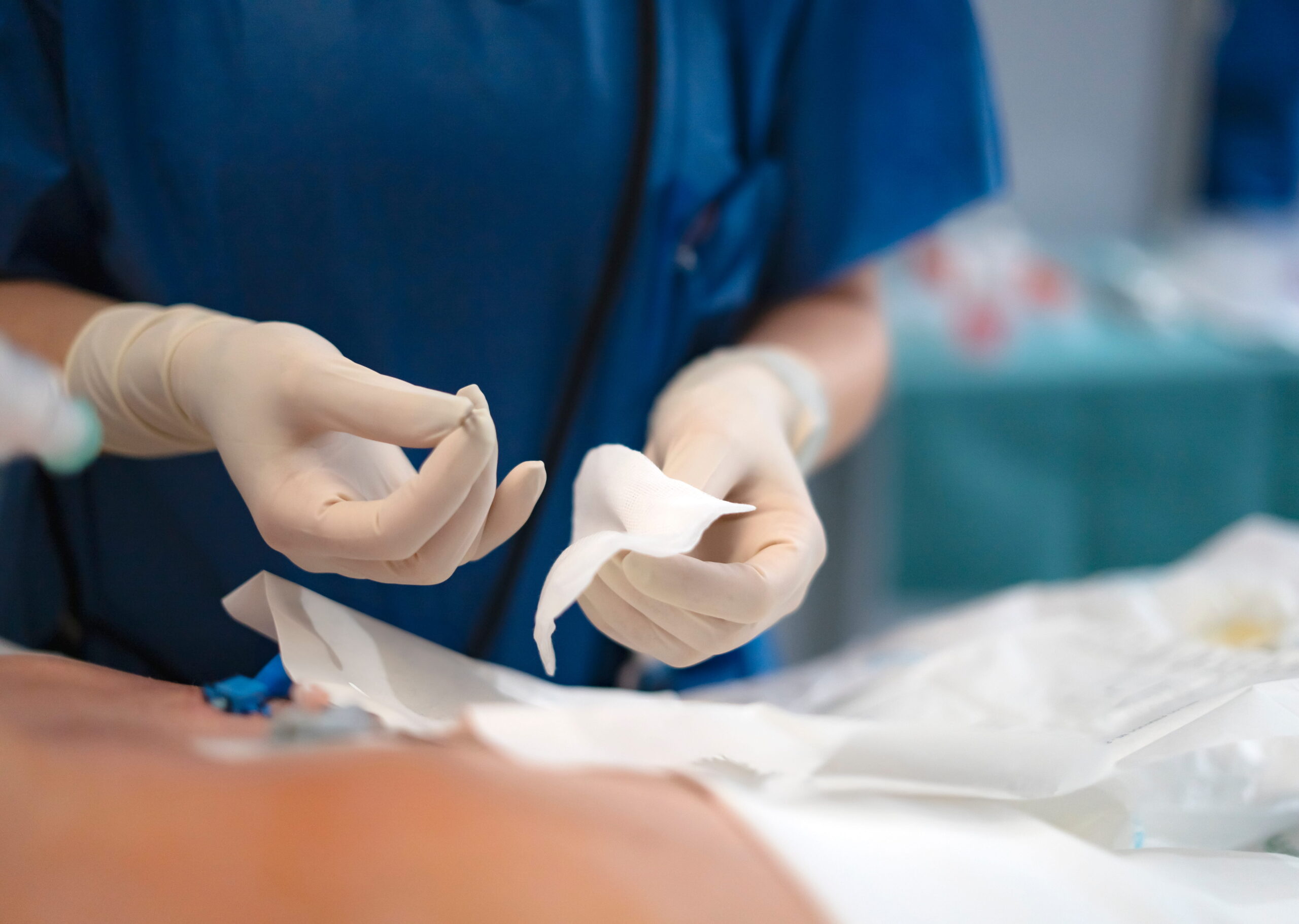In every household, having a well-equipped medical kit is a must. We suggest everyone keep a well-thought medical kit at home. A carefully assembled medical kit can provide much-needed assistance during emergencies, minor injuries, or unexpected health issues. Let’s delve into some essential tips to ensure your home medical kit is comprehensive and ready for any situation.
1. Basic First Aid Supplies:
Start by including basic first aid supplies such as adhesive bandages, sterile gauze, antiseptic wipes, and adhesive tape. These items are indispensable for treating minor cuts, wounds, and abrasions.
2. Over-the-Counter Medications:
Stock up on essential over-the-counter medications like pain relievers (acetaminophen, ibuprofen), antihistamines, cough syrup, and anti-diarrheal medications. These can provide relief for common ailments like headaches, allergies, and mild illnesses.
3. Prescription Medications:
For individuals with chronic conditions, it’s crucial to have a supply of prescribed medications readily available in the medical kit. Regularly check the expiry dates and replenish as needed.
4. Emergency Medical Contact Information:
Include a list of emergency contact numbers, including local hospitals, poison control centres, and your family doctor. Having this information readily accessible can save precious time during emergencies.
5. Thermometer and Blood Pressure Monitor:
Monitoring vital signs is essential, especially during illnesses. Include a digital thermometer and a blood pressure monitor in your kit to keep track of temperature and blood pressure levels. You can use this article from mayoclinic for tips to measure blood pressure.
6. Tweezers, Scissors, and Safety Pins:
These tools come in handy for various situations, from removing splinters to cutting gauze or clothing. Ensure they are sterilized and kept in a secure compartment.
7. Importance of Syringes and Bacteriostatic Water:
In certain situations, having syringes and bacteriostatic water in your medical kit can be crucial. Syringes are useful for administering medications, and bacteriostatic water, which contains a preservative to inhibit bacterial growth, is essential for reconstituting certain medications and maintaining their effectiveness.
8. Personalized Medication List:
Create a list of all family members’ medications, including dosage and frequency. This not only aids in quick reference during emergencies but also helps healthcare professionals understand your family’s medical history.
9. Allergy Management:
If anyone in the household has known allergies, include antihistamines and an epinephrine auto-injector if prescribed. This is crucial for addressing severe allergic reactions.
10. Emergency Blanket and Flashlight:
Prepare for unexpected situations by including an emergency blanket and a reliable flashlight. These items can provide warmth and illumination during power outages or emergencies.
A well-prepared medical kit is an indispensable asset for any household. By following these tips and regularly updating your supplies, you can ensure that your family is ready to handle a range of health-related situations. Remember, being proactive in healthcare is a small yet significant step towards the well-being of your loved ones.

